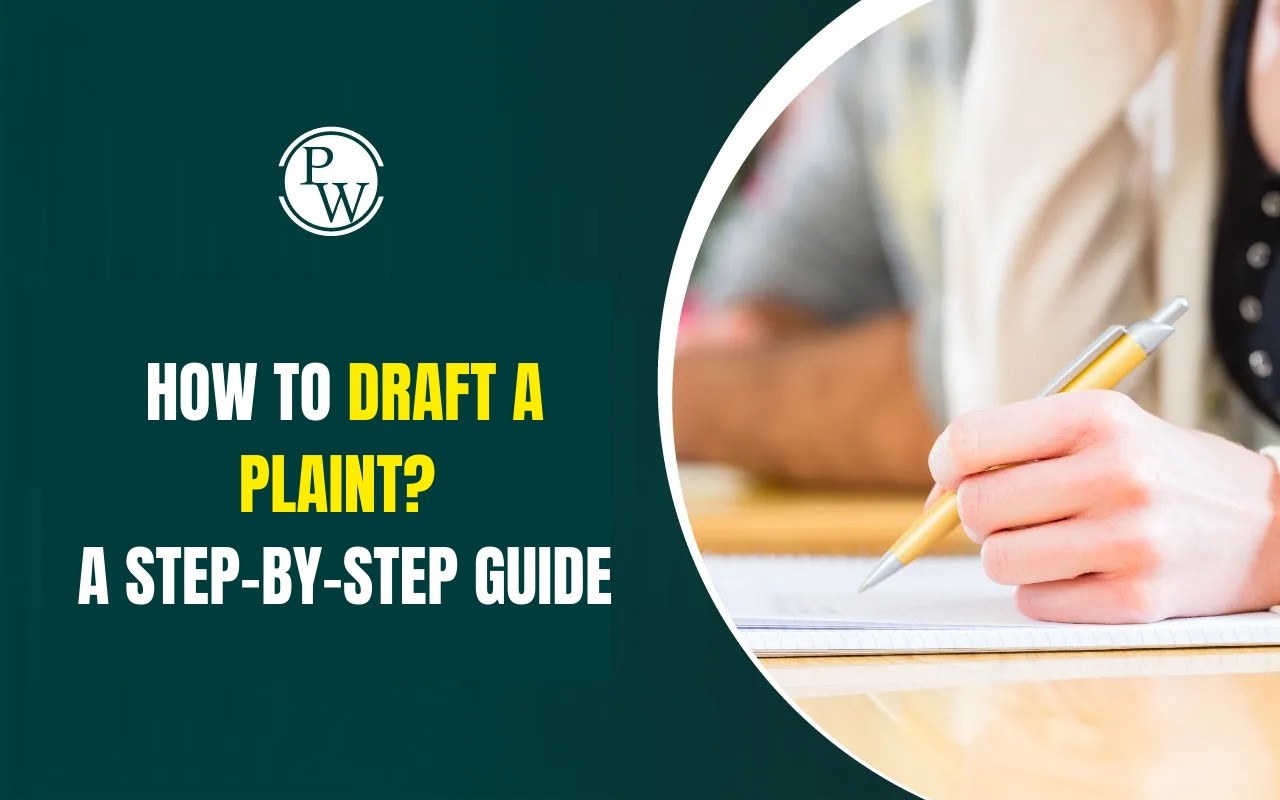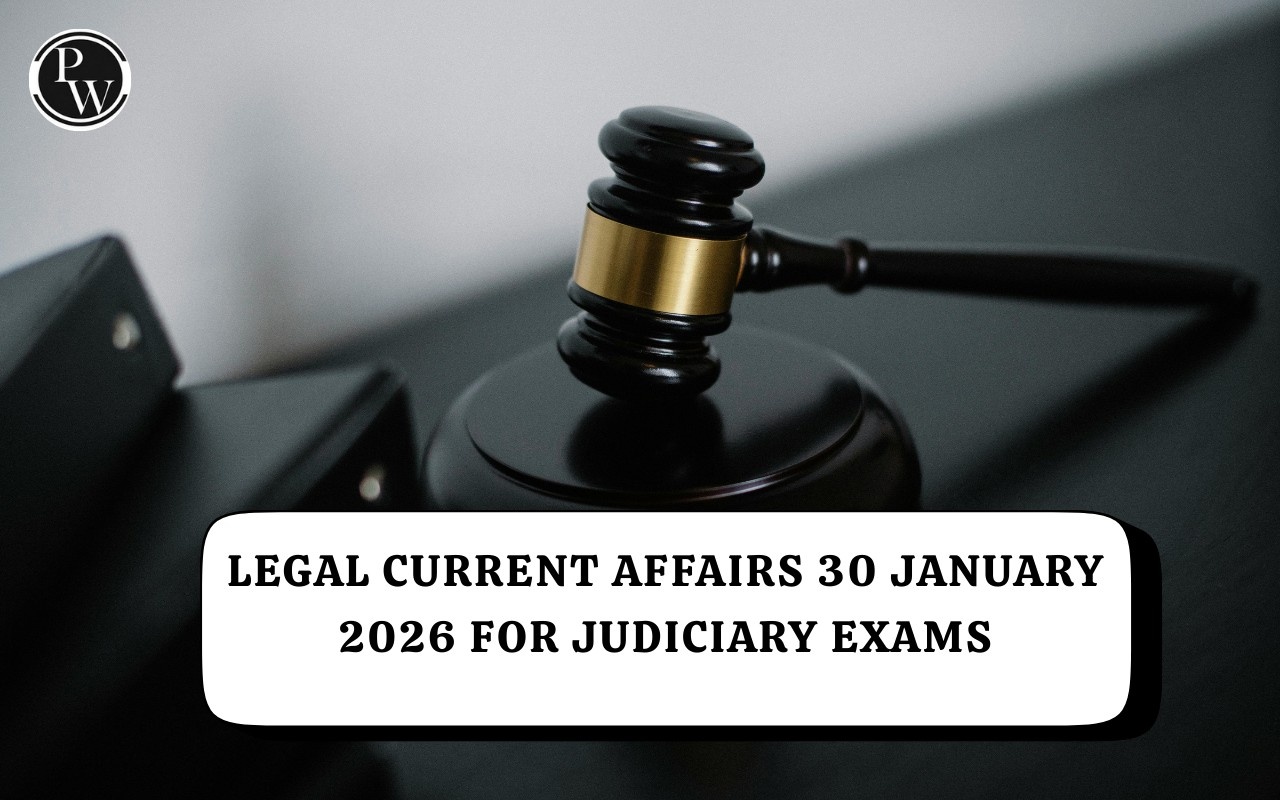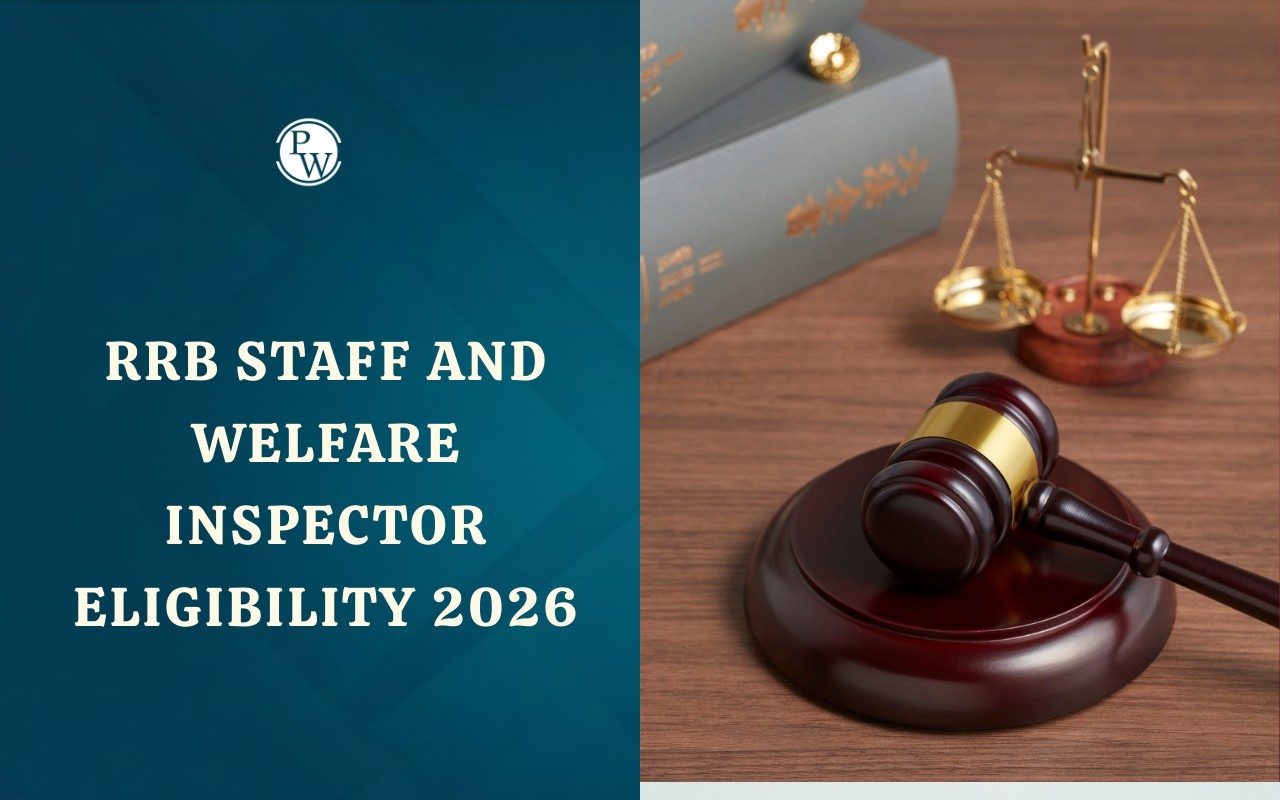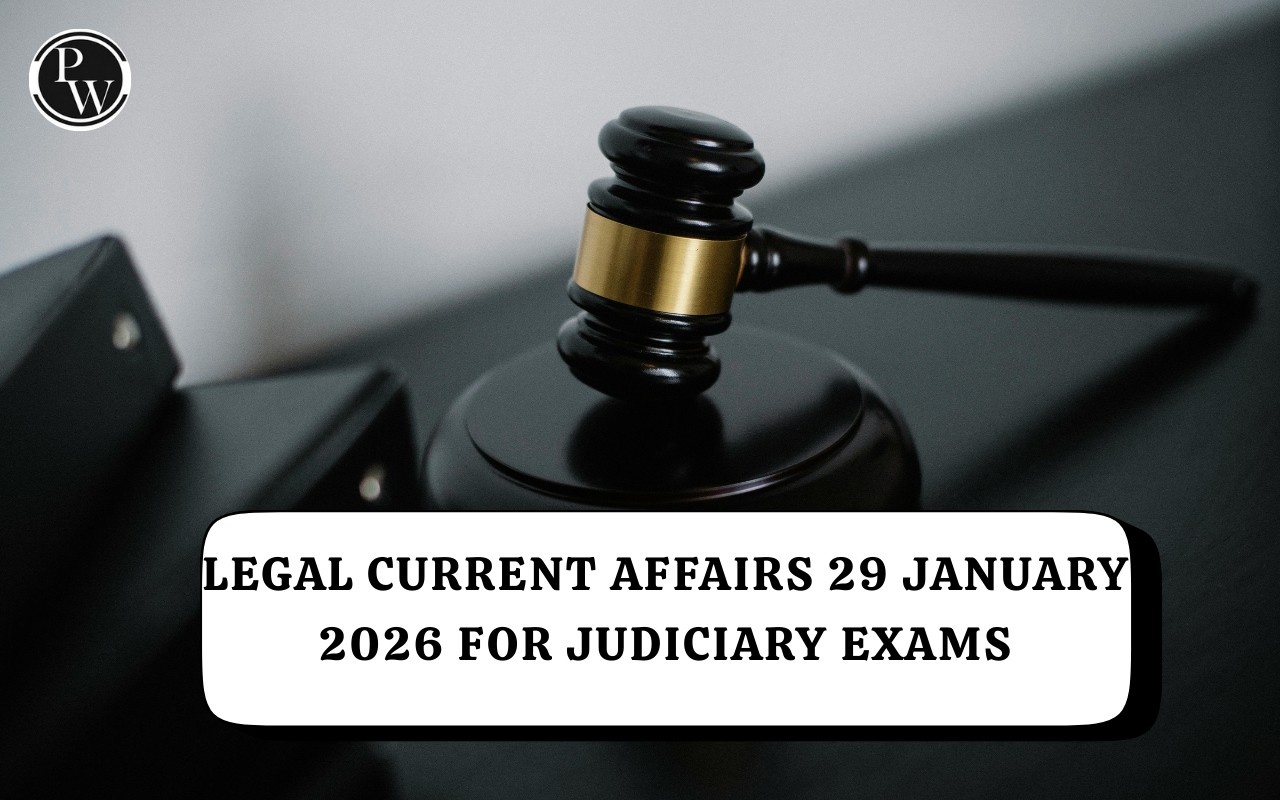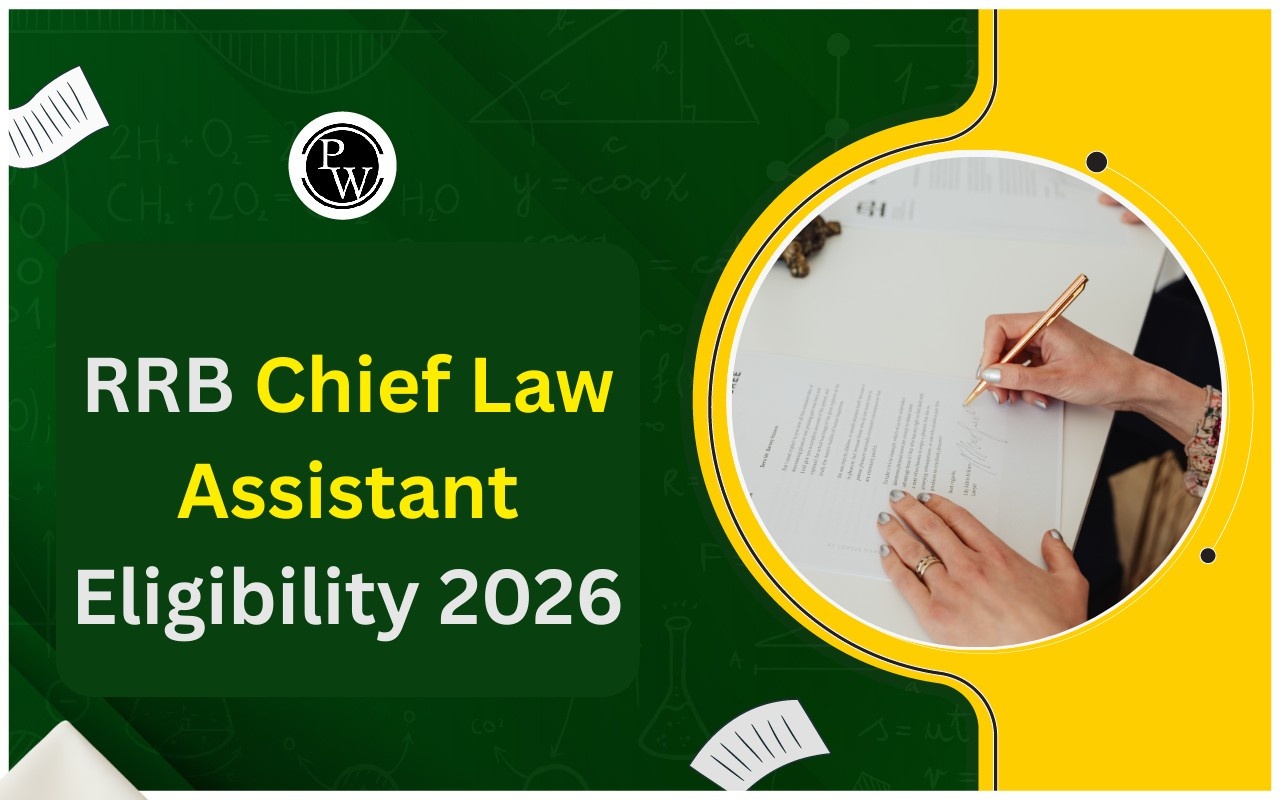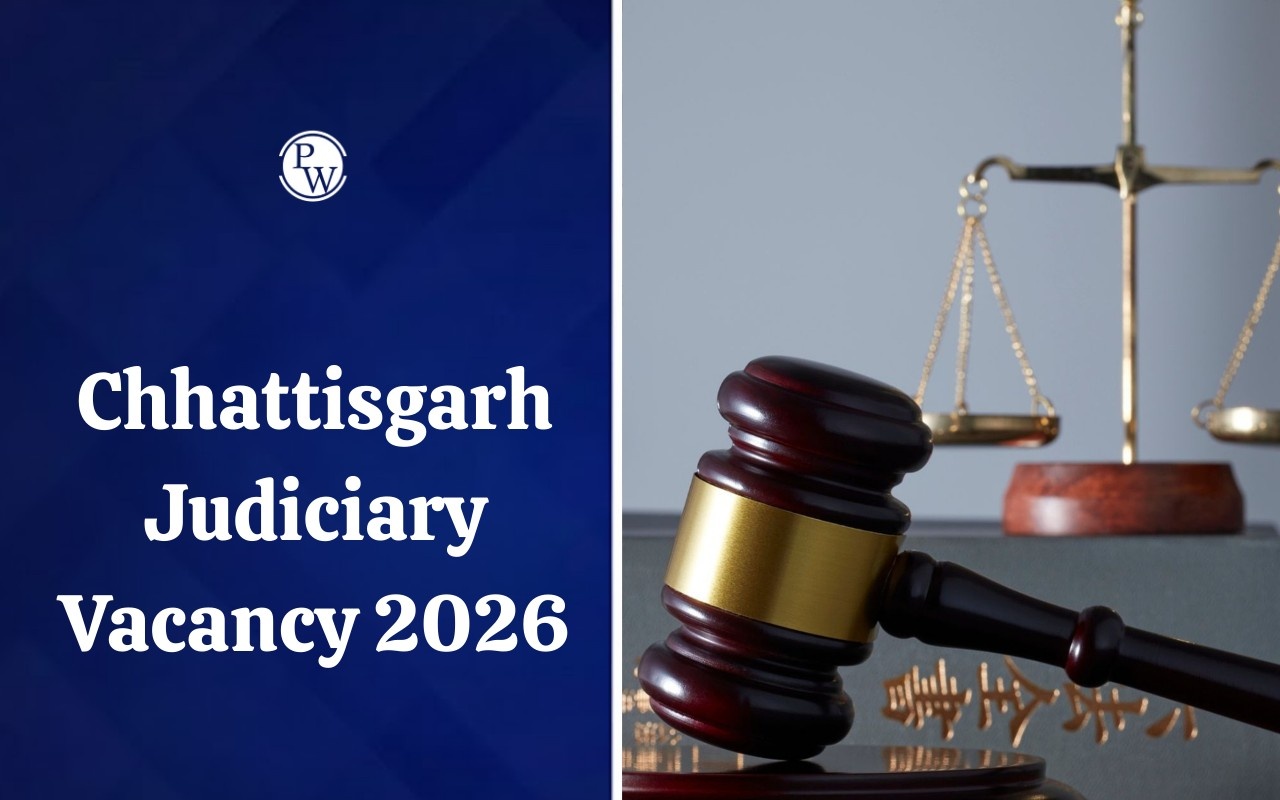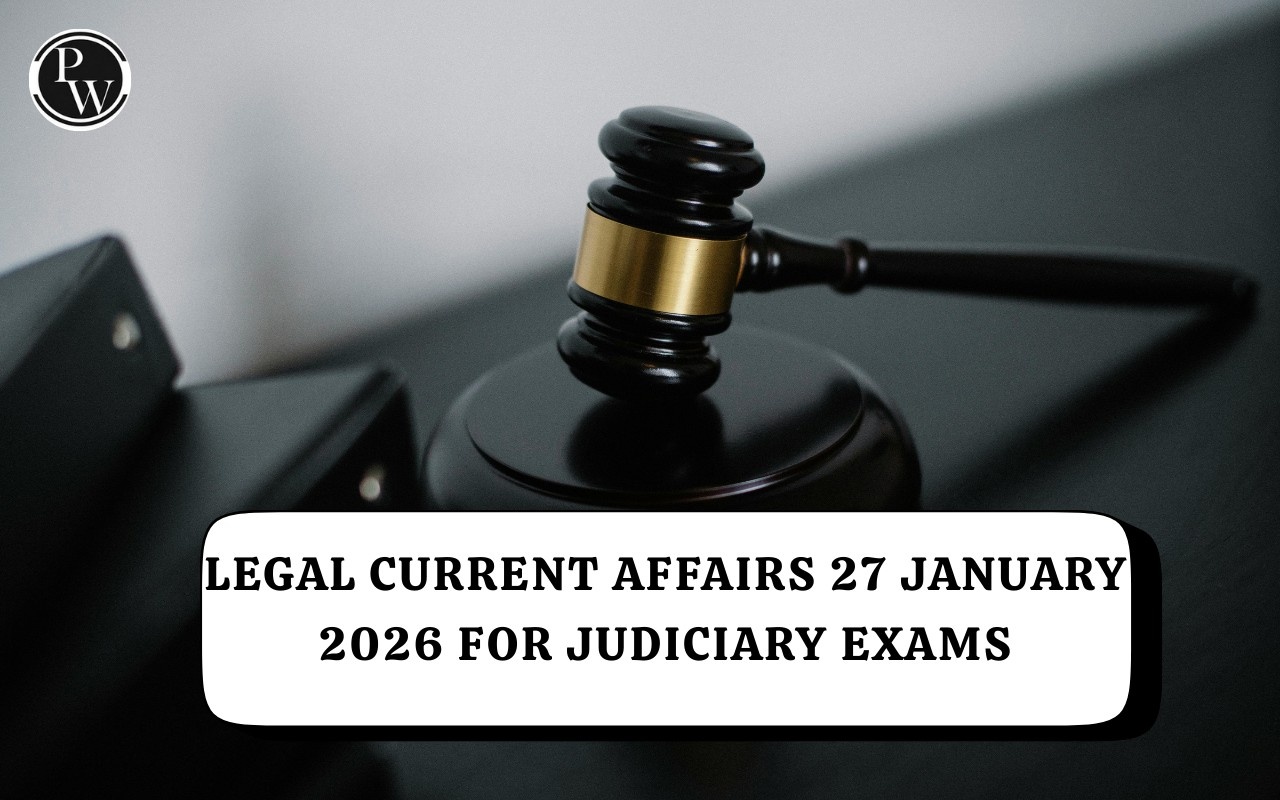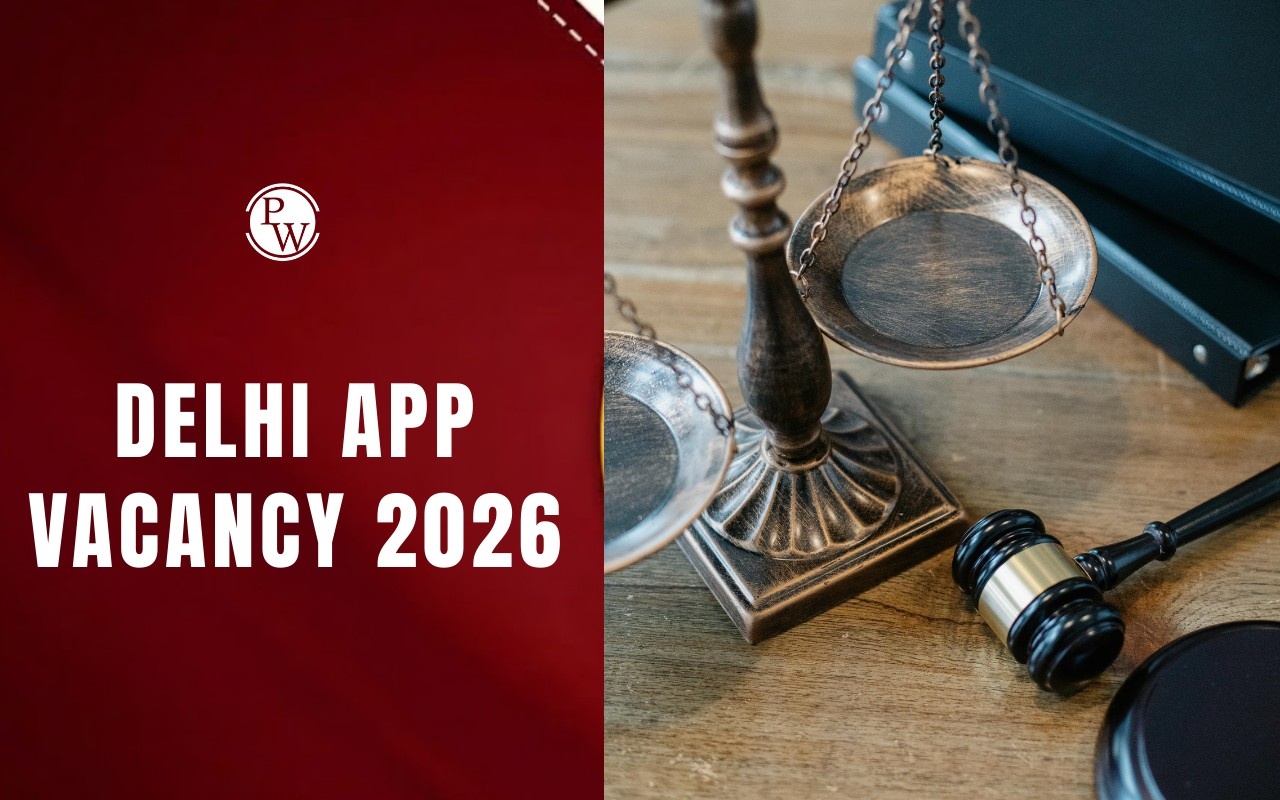
AIBE Constitutional Law Questions & Answers: The All India Bar Examination (AIBE) is a gateway for law graduates to practice law in India. Among its various subjects, Constitutional Law stands out as a cornerstone due to its significance in the Indian legal framework. For aspiring lawyers, mastering AIBE Constitutional Law Questions & Answers is essential. This guidepost will provide an overview of the subject, highlight 25 important questions, and share preparation tips, alongside a review of recommended books.
AIBE Constitutional Law Questions & Answers Overview
The Constitutional Law section of the AIBE 20 Exam 2025 candidates on the principles and interpretations of the Constitution of India. It typically includes questions on fundamental rights, directive principles, federal structure, judiciary, parliamentary procedures, and emergency provisions. The questions are framed to evaluate both theoretical knowledge and practical application.
Key characteristics of AIBE Constitutional Law Questions and Answers include:- Objective Format : Most questions are multiple-choice, requiring precise knowledge of legal provisions.
- Application-Oriented : Questions often test understanding through case law and hypothetical scenarios.
- Comprehensive Coverage : Topics include the Preamble, Part III (Fundamental Rights), Part IV (DPSPs), constitutional amendments, and landmark judgments .
Preparing effectively for this section requires a good piece of knowledge of the Constitution, as well as practice with mock tests. Questions are designed to assess both factual knowledge and interpretative skills. Two key areas for candidates to focus on are:
- Constitutional Law II : This section covers Fundamental Duties, The Union and Its Territory, the Preamble, and the Salient Features of the Constitution.
- Constitutional Law Papers : It includes advanced topics like Services Under the Union and States, Property, Contracts, Rights, Liabilities, Obligations and Suits, Miscellaneous Provisions, and the structure of Panchayats.
23 Important AIBE Constitutional Law Questions and Answers
To enhance preparation, here are 23 commonly encountered or crucial areas in AIBE Constitutional Law Questions and Answers:AIBE Constitutional Law II Questions and Answers
This subject is based on the structural framework of the Indian Constitution, focusing on key provisions like the judiciary, federalism, and the distribution of powers. It covers topics such as fundamental duties, emergency provisions, and constitutional amendments, providing a comprehensive understanding of governance in India.1. Fundamental Duties
Ques 1. Clause (k) to Article 51A was added by
(a) the Constitution (73rd Amendment Act, 1992
Ans. (c)
Ques 2. Which of the following are true about the fundamental duties of Indian citizens?
- They require us to safeguard public property
- They require us to protect and improve the natural environment
- They are contained in Article 51A of the Constitution of India
- They are added by 4the 2nd Amendment of the Constitution of India
- They require us to develop the scientific temper and spirit of inquiry
- There were originally 11 fundamental duties
- They can be enforced through writs as well as promoted through constitutional methods.
Ans. (b)
Ques 3. How many Fundamental Duties are prescribed under Article 51A of the Constitution of India?
(a) 10
Ans. (e)
Books for Judiciary Preparation
2. Union and Its Territory
Ques 4. Who among the following expressed the view that the Indian Constitution is federal as much as it establishes what may be called a dual polity?
(a) Dr. B.R. Ambedkar
Ans. (a)
Ques 5. The Parliament by law may alter the boundaries of a State, provided that No bill for this purpose shall be introduced in either House of Parliament except the
(a) on the recommendation of the President
Ans. (d)
Ques 6. Which one of the following is NOT essential for the creation of a new State?
(a) The consent of the State from which the territory is to be taken out is mandatory
Ans. (a)
3. Preamble
Ques 7. The mind of the makers of the Constitution of India is reflected in which of the following?
(a) The preamble
Ans. (a)
Ques 8. The words, & "Unity and integrity of the Nation” were incorporated in the preamble of the Constitution of India by which the Amendment
(a) 41st Amendment
Ans. (b)
4. Salient Features of Constitution
Ques 9. By which Amendment Act of the Constitution, the right to education was made a Fundamental Right?
(a) 42nd Amendment
Ans : (d)
Ques 10. The Constitution was finally signed by the members of the Constituent Assembly on—
(a) 24 January, 1950
Ans : (a)
Ques 11. The Constitution of India is
(a) Highly federal
Ans : (d)
AIBE Constitutional Law Papers Questions and Answers
These papers test a candidate's grasp of constitutional principles, landmark judgments, and evolving jurisprudence. They emphasize critical analysis of constitutional doctrines, case law, and their application to real-world governance issues, reflecting a nuanced understanding of constitutional law.1. Services Under the Union and States
Ques 12. In the absence of any Act or Rule under Article 309 of the Constitution of India governing the recruitment and conditions of service:
(a) recruitment of civil servants cannot be made.
Ans : (c)
Ques 13. Which one among the following statements is correct?
(a) The Union executive has no power to issue directions to the States under the Constitution of India in any matter
Ans. (c)
Ques 14. Which of the following Articles of the Constitution relates to the creation of All India Judicial Service in India common to the Union and the States?
(a) Article 312
Ans : (a)
2. Property, Contracts, Rights, Liabilities, Obligations and Suits
Ques 15. Which of the following is true in respect of a government contract that does not conform to provisions of Article 299 of the Constitution
(a) they are not enforceable in court against the parties
Ans. (a)
Ques 16. Union of India or any State may sue or be sued according to which Article of the Indian Constitution?
(a) Article 299
Ans. (b)
Ques 17. A Government contract not fulfilling the requirements of Article 299 of the Constitution of India is:
(a) valid if the requirements of Section 10 of the Contract Act are fulfilled.Ans. (d)
3. MISCELLANEOUS
Ques 18. In which of the following judgment Hon'ble Apex Court issued directions to all the States and the Union Territories to consider the plight of acid attack victims and take appropriate steps with regard to the inclusion of their names under the disability list:
(a) Parivartan Kendra v. Union of India (2016) 3 Supreme Court Cases 571
Ans : (a)
Ques 19. The Tenth Schedule of the Constitution provides for
(a) Disqualification on grounds of defection
Ans : (a)
Ques 20. Disqualification on grounds of defection would not apply in case of a merger if not less than........ of the members of the Legislature party concerned have agreed to such a merger
(a) One-fourth
Ans. (d)
4. The Panchayats
Ques 21. The Constitution of Panchayats is given in _________ of the Constitution of India
(a) Article 243BAns. (a)
Ques 22. The Governor of a State has the power to constitute a Finance Commission to review their financial position.
(a) Municipal bodies
Ans. (d)
Ques 23. Which of the following provisions of the Constitution of India provides for the constitution of Panchayats?
(a) Article 243F
Ans. (c)
AIBE Constitutional Law Preparation Tips
To qualify in the Constitutional Law section, follow these AIBE Constitutional Law preparation tips :- Understand the Syllabus : Familiarize yourself with the AIBE 20 Syllabus 2025 topics outlined by the Bar Council of India for the AIBE.
- Study the Bare Act : The Constitution of India Bare Act is your primary resource. Understand each article and its implications.
- Refer to Case Laws : Landmark judgments like Kesavananda Bharati, Maneka Gandhi, and Minerva Mills provide deeper insights into constitutional provisions.
- Practice Mock Tests : Regular practice of AIBE Constitutional Law Questions and Answers will improve accuracy and speed.
- Use Mnemonics and Charts : Simplify complex provisions by creating charts or acronyms.
- Revise Regularly : Revisit key provisions, amendments, and case laws periodically to retain information.
11 Tips To Pass AIBE Exam With Bare Acts
AIBE Preparation Books
Choosing the right resources is essential for a thorough understanding of AIBE Constitutional Law Questions and Answers. Here are some highly recommended books:- "Introduction to the Constitution of India" by D.D. Basu A comprehensive guide to understanding the Constitution with detailed explanations and case law.
- "Constitution of India Bare Act" by Universal's An essential reference for articles, schedules, and amendments.
- "Guide to AIBE (All India Bar Examination)" by LexisNexis A tailored resource with practice papers and topic-wise analysis.
- "MCQs on Constitutional Law" by Singhal This book offers extensive multiple-choice questions for practice.
- "Legal Aptitude for CLAT and Other Law Entrance Examinations" by A.P. Bhardwaj Though designed for entrance exams, it covers constitutional topics effectively.
By using these AIBE preparation books, aspirants can build a strong foundation and tackle AIBE Constitutional Law Questions and Answers with ease.
The Constitutional Law section of the AIBE is a vital component that assesses a candidate's understanding of India's legal framework. Mastering AIBE Constitutional Law Questions & Answers requires a blend of theoretical knowledge, practical application, and strategic preparation. By focusing on key areas, practising diligently, and using reliable resources, aspirants can achieve success.
Explore the Judiciary Coaching 2025 to access essential resources for Judiciary exam preparation, including detailed insights and strategies. Dive into the Judiciary 2025 for structured courses and focused study plans designed to help aspirants excel in their exams.
AIBE Constitutional Law Questions And Answers FAQs
Q1. What is covered under AIBE Constitutional Law Questions and Answers overview?
Q2. What are some 23 important AIBE Constitutional Law Questions and Answers?
Q3. How can I prepare using AIBE preparation books?
Q.4 What is the importance of Constitutional Law II in AIBE?
Q5. What are some AIBE Constitutional Law preparation tips?

